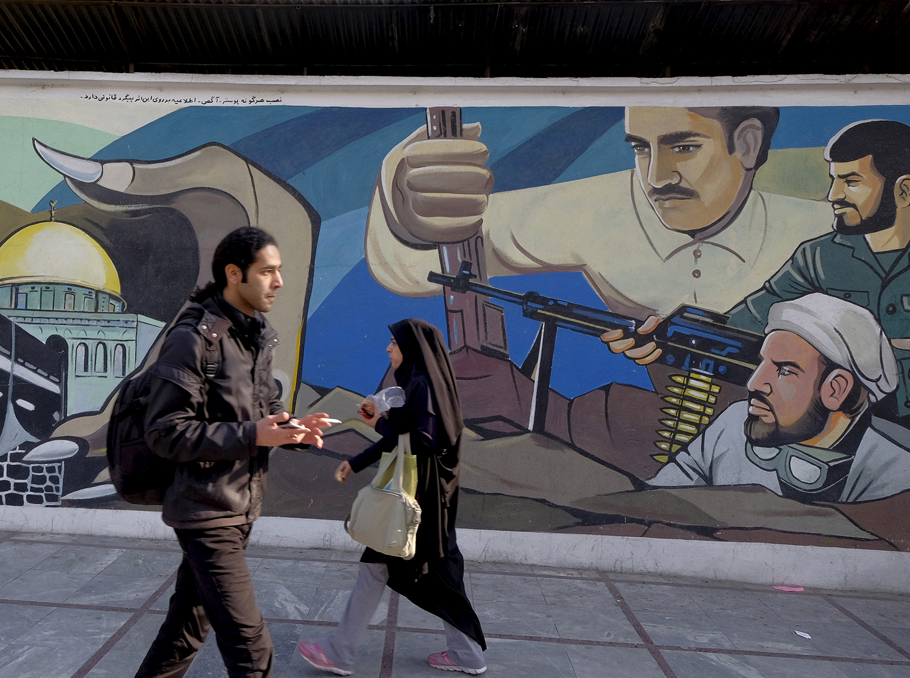Re: Armenia's Economic Pulse
[B]India, Armenia to sign farm pact in February[\B]
India and Armenia will sign an agreement on agriculture on February 19 when the Armenian Minister for Agriculture, Sergo Karapetyan, visits India.
Last July, India had given the go-ahead for signing and ratification of an inter-governmental agreement between the two counties.
“We are very interested in familiarising ourselves with the research and development potential of agriculture in India. We are also interested in the potential of your manufacturing and agriculture techniques. Traditionally we have been importing from Russia and Belarus. Now, our farmers are showing interest in Indian manufacturing,” Armen Martirosyan, Ambassador of the Republic of Armenia, told The Hindu on Friday.
Inviting Indian companies to invest in Armenia, he said bilateral trade between the two countries was only $70 million to $75 million while trade with China was almost $380 million. “The newly-built transport network, however, is more conducive for India,” he said.
Trilateral cooperation
“The recent lifting of sanctions might facilitate trilateral cooperation between India, Iran and Armenia,” he said at a meeting organised by FICCI.
Mr. Martirosyan said Indian companies could invest in manufacturing sector, pharmaceuticals, gems and jewellery, in the Armenian free economic zones.
A FICCI delegation focussing on the media, entertainment and tourism sector is set to visit Armenia between 15 and 19 July.
---
Definitely a nation that Armenia should work with. From attracting medical students and cooperating in IT to agriculture.
[B]India, Armenia to sign farm pact in February[\B]
India and Armenia will sign an agreement on agriculture on February 19 when the Armenian Minister for Agriculture, Sergo Karapetyan, visits India.
Last July, India had given the go-ahead for signing and ratification of an inter-governmental agreement between the two counties.
“We are very interested in familiarising ourselves with the research and development potential of agriculture in India. We are also interested in the potential of your manufacturing and agriculture techniques. Traditionally we have been importing from Russia and Belarus. Now, our farmers are showing interest in Indian manufacturing,” Armen Martirosyan, Ambassador of the Republic of Armenia, told The Hindu on Friday.
Inviting Indian companies to invest in Armenia, he said bilateral trade between the two countries was only $70 million to $75 million while trade with China was almost $380 million. “The newly-built transport network, however, is more conducive for India,” he said.
Trilateral cooperation
“The recent lifting of sanctions might facilitate trilateral cooperation between India, Iran and Armenia,” he said at a meeting organised by FICCI.
Mr. Martirosyan said Indian companies could invest in manufacturing sector, pharmaceuticals, gems and jewellery, in the Armenian free economic zones.
A FICCI delegation focussing on the media, entertainment and tourism sector is set to visit Armenia between 15 and 19 July.
---
Definitely a nation that Armenia should work with. From attracting medical students and cooperating in IT to agriculture.











Comment